My story, much like countless others includes a long journey with anxiety and depression (A&D). What almost always coincides with my bouts with A&D are intrusive/negative thoughts. These thoughts range from being worried about my health, job, finances, relationships, questioning every decision I have ever made, wondering if I am loosing my mind, my worth, value, feelings of shame, as well as an incredibly low self esteem. When these thoughts begin, they often take me down rabbit holes that intensify the thoughts and leave me feeling defenseless against them. I often am left feeling I have no ability to get my brain to stop thinking, I am overwhelmed and exhausted.
Dr. Daniel Amen has written extensively about Automatic Negative Thoughts (ANTS), how to identify them, address them, and find relief from them. First, I have placed his list of the nine most common ANTS below for you to take a look at:
- “Always” thinking: thinking in words like always, never, no one, every one, every time, everything.
- Focusing on the negative: only seeing the bad in a situation.
- Fortune telling: predicting the worst possible outcome to a situation.
- Mind reading: believing that you know what another person is thinking, even though they haven’t told you.
- Thinking with your feelings: believing negative feelings without ever questioning them.
- Guilt beatings: thinking in words like “should, must, ought or have to.”
- Labeling: attaching a negative label to yourself or to someone else.
- Personalization: innocuous events are taken to have personal meaning.
- Blame: blaming someone else for your own problems.
Once one has identified the two or three ANTS you most relate to, Dr. Amen offers some steps to start the process of working through them:
- Write it down. When those automatic negative thoughts start tumbling around in your mind, write them down to clearly identify them.
- Investigate. Ask yourself, are these thoughts even true? Uninvestigated thoughts can lead us to act in harmful ways.
- Talk back. If you discover that these negative thoughts are false, talk back to them! Tell these thoughts you know they aren’t true!
These steps are simplified to provide a basic starting framework to dealing with ANTS in a new way. Steps often give us a chance to pause, examine our ANTS through a rational lens, and educate our ANTS. Once we have talked back to our ANTS, we can expect to notice our future responses to slowly begin to change.
Real change takes time and some hard work. Often, we dismiss simple tools like this as not packing enough punch to create change. Be patient with yourself, and trust that through a little focus, being intentional, and a shift in how you address your ANTS that lasting change can happen.
As always, you can find me at:
Restoration Therapy Nashville: 909 18th Ave South, Nashville, TN 37212 (615) 428-5513
Restoration Therapy Brentwood: 9005 Overlook Drive, Brentwood, TN 37027 (615) 428-5513
Amen, D. (2015, April 14). 3 Quick Steps to Stop Negative Thinking Now. Retrieved May 22, 2017, from http://danielamenmd.com/3-quick-steps-to-stop-negative-thinking-now/



